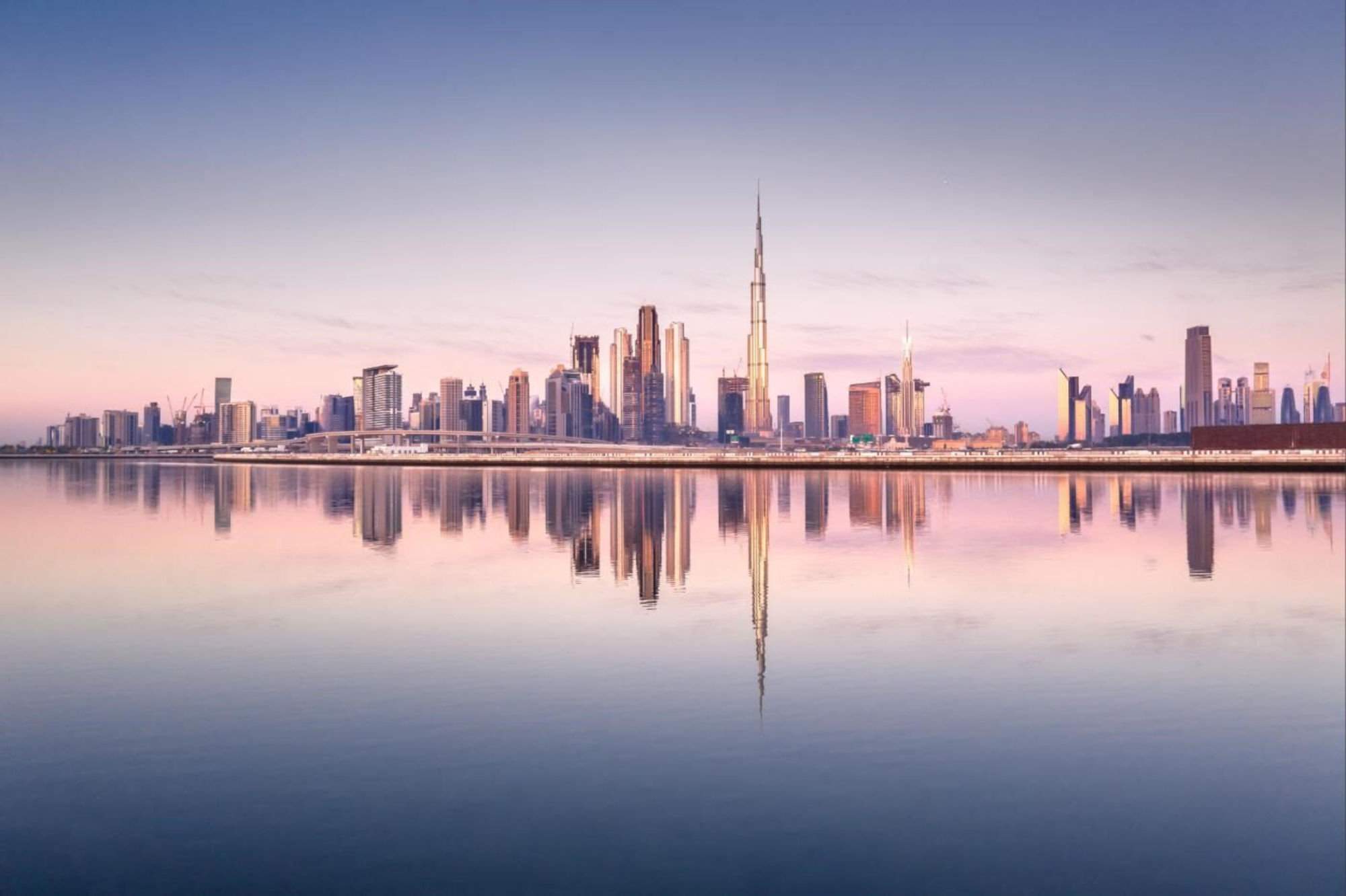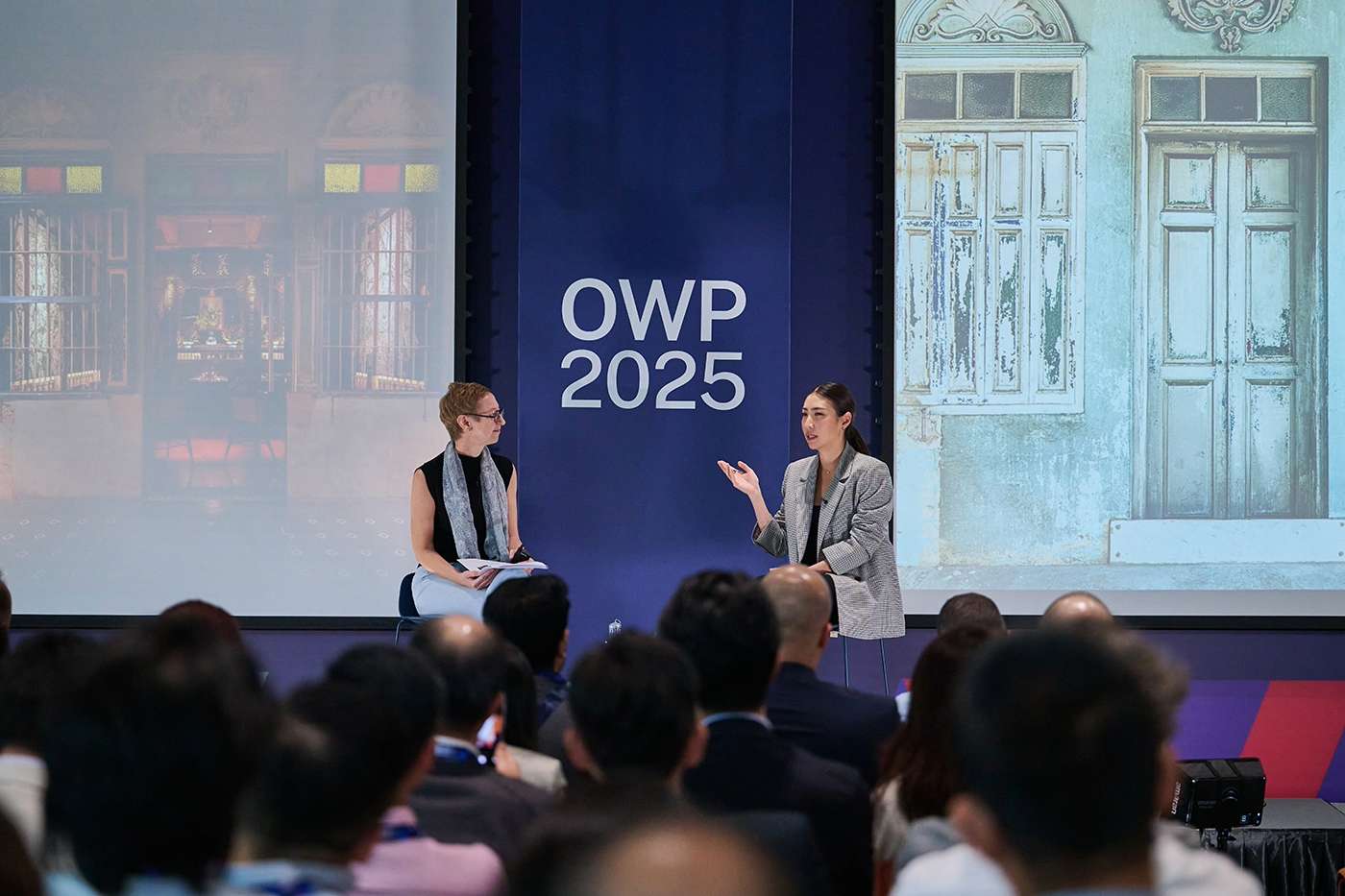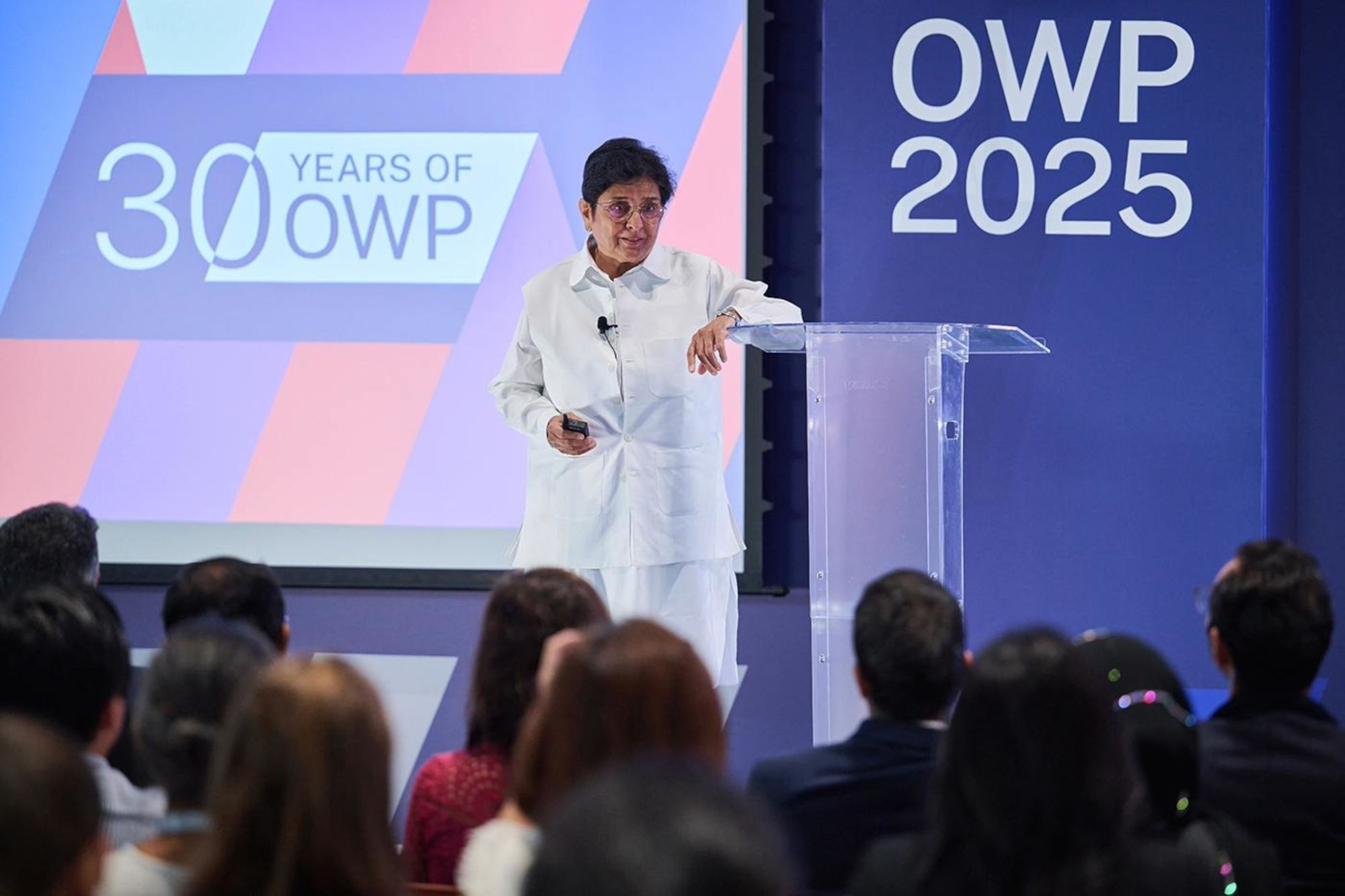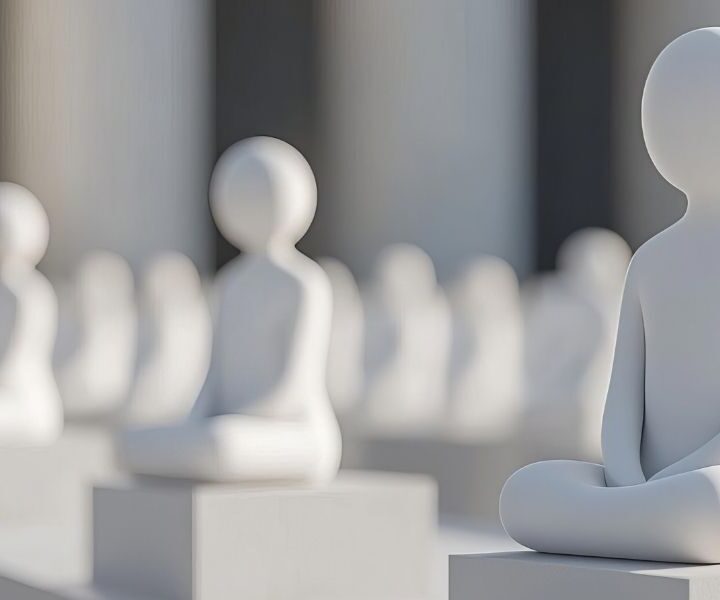Reshaping Industries: Embracing the New Normal

In these four mini case studies exploring innovation, business models, digital transformation and AI, Knut Haanaes, Professor of Strategy and Lundin Sustainability Chair at IMD, paints a picture of what the future might look like.
We are at the dawn of the 4th Industrial Revolution, and global socio-political conflict is colliding head on with health crises, making the need for agile business leaders a pressing one.
At the same time, companies are rocketing through their lifecycles with unprecedented speed, and digitalization and sustainability are providing the fuel: how do we keep up?
But have things actually changed that much? AI and the steam engine aren’t all that different. That’s why CEOs and managers of tomorrow must look to our past, but also to our present, to anticipate and embrace rapid change and futureproof opportunities presented by the new normal.
In the four-part Reshaping Industries video series, Knut Haanaes, Professor of Strategy and Lundin Sustainability Chair at IMD, guides leaders in analyzing the way forward in this ever-changing climate.
How are we building the future of mobility, he asks, charting the manufacturing model from T-Ford to Tesla to now. How is the value creation landscape changing as the 4th Industrial Revolution breaks down traditional ideas governing globalization?
He takes viewers on deep dives into the rise of networks and their ever-quickening expansion – from A&T as a traditional network to pandemic winner Zoom. He asks what a solid approach to building entrepreneurial platforms could be, offering his thoughts with recourse to how GE and Haier went about it.
Finally, he offers insight into how problem solving is changing. He asks “What is the role of AI?” in this context and applies it to the legal industry.
At a time in which we are all trying to make sense of the upheaval we are witnessing, Professor Haanaes anchors us across our past, present and future, turning to different strategy styles and business models from multiple sectors, and empowering leaders to make an impact.
Reshaping Industries, Part 1: The Manufacturing Model

Reshaping Industries, Part 2: Connecting the world

Reshaping Industries, Part 3: Platform visionaries

Reshaping Industries, Part 4: The problem solvers
 Contact
Contact
Research Information & Knowledge Hub for additional information on IMD publications
Related topics



Research Information & Knowledge Hub for additional information on IMD publications
in I by IMD
Research Information & Knowledge Hub for additional information on IMD publications
in I by IMD
Research Information & Knowledge Hub for additional information on IMD publications
Research Information & Knowledge Hub for additional information on IMD publications
Research Information & Knowledge Hub for additional information on IMD publications
Research Information & Knowledge Hub for additional information on IMD publications
Research Information & Knowledge Hub for additional information on IMD publications
in I by IMD
Research Information & Knowledge Hub for additional information on IMD publications
Research Information & Knowledge Hub for additional information on IMD publications
in I by IMD Brain Circuits 15 October 2025
Research Information & Knowledge Hub for additional information on IMD publications
in I by IMD
Research Information & Knowledge Hub for additional information on IMD publications











